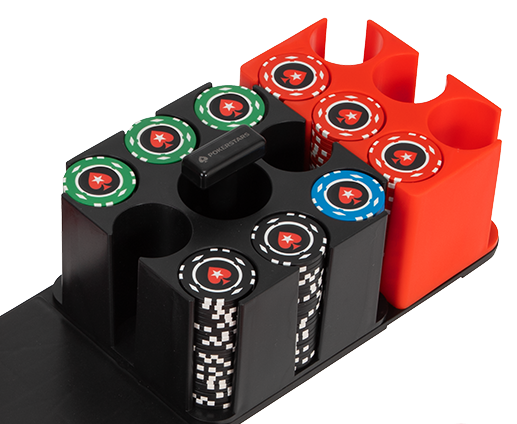Like most of you, the first form of poker I played was Texas hold’em. I didn’t invest much money in it at first and learned the basics by playing freerolls. I played hold’em exclusively for three or four years and when I joined Team PokerStars Pro, we were encouraged to play other games. My first big experience playing other variations came at the 2008 WCOOP. I would open a new tournament, then Google the rules of the game and try to learn how to play in the ten minutes before the tournament started. Of course I didn’t have any success at first, but it sparked my curiosity and I decided I wanted to learn more games.
Professional poker players spend so much time at the tables that playing one game can grow boring. Of course, that does not apply to everybody; some players don’t have a problem playing the same game all the time. But for me, I always benefit from taking breaks from hold’em. When I play other games, I use my mind differently and often discover new strategies and different lines. For example, in limit games you have to be very aggressive and constantly put the pressure on other players. This is especially true for games like hold’em and Triple Draw, but a split-pot game like Omaha Hi/Lo is a bit different. In Omaha Hi/Lo, sometimes limping is a good idea, whereas it’s hardly ever a good idea in hold’em. Playing different games can open your mind and you can pick up ideas in one game you can utilize in another.
Another reason to learn other games is to benefit from the overall lower skill level. The difference between me and the best mixed game players is really big, but the average stud or Omaha Hi/Lo player is actually playing at a much lower level than the average hold’em player. So, despite good players having a big edge on me, I think I have a bigger edge over the average player in those other games than in hold’em. Recently I’ve had some good results in mixed-game tournaments. I finished two 8-Game events on the EPT in the top three and I won a pot-limit Omaha side event in San Remo last month. Knowing how to play the other games helped me to win the MicroMillions TLB twice, as well as the SCOOP-Low leaderboard. If I were exclusively a hold’em player, I would have no shot at getting enough points.
I also think there is less variance involved in non-hold’em tournaments because the average field is much smaller. It’s much easier to make the final table when there are 300 players instead of 3,000. More often you will hit those bigger prizes and make a nice score. Of course, the prize pools won’t be massive like the Sunday Million or an EPT event. However, my last big EPT final table was back in 2010. Meanwhile I made some nice scores in non-hold’em tournaments so I could decrease variance and have a steady income.
Whether you’re a professional or a recreational player, everyone can benefit from learning new games. Non-hold’em games can open your mind to new lines and break up the monotony, but are also a lot of fun. If you’re getting a little bored with hold’em, open up a Triple Draw table or try a few rounds of Omaha Hi/Lo. You just might find your favorite new game.
Marcin Horecki is a member of Team PokerStars Pro
Back to Top










